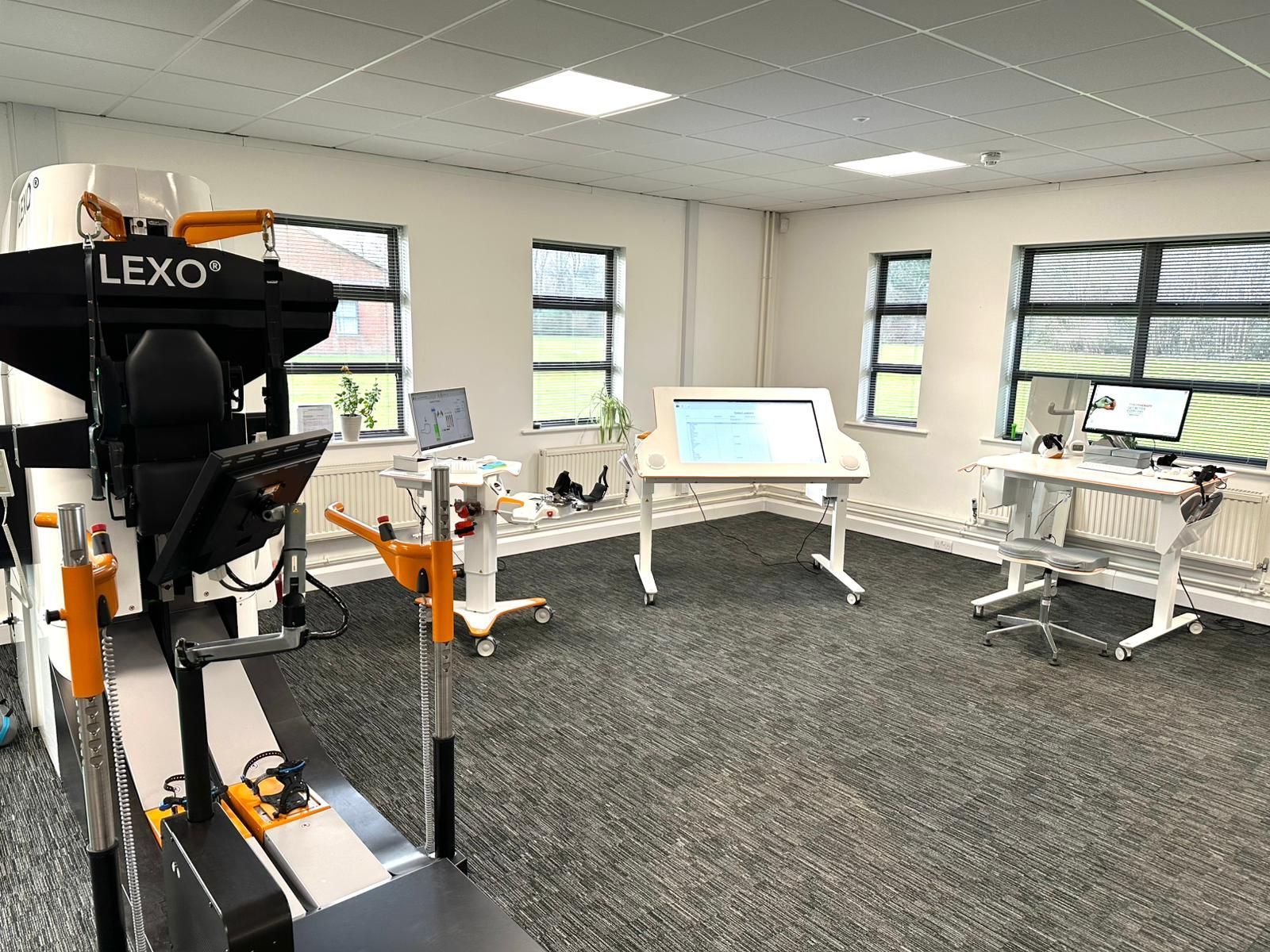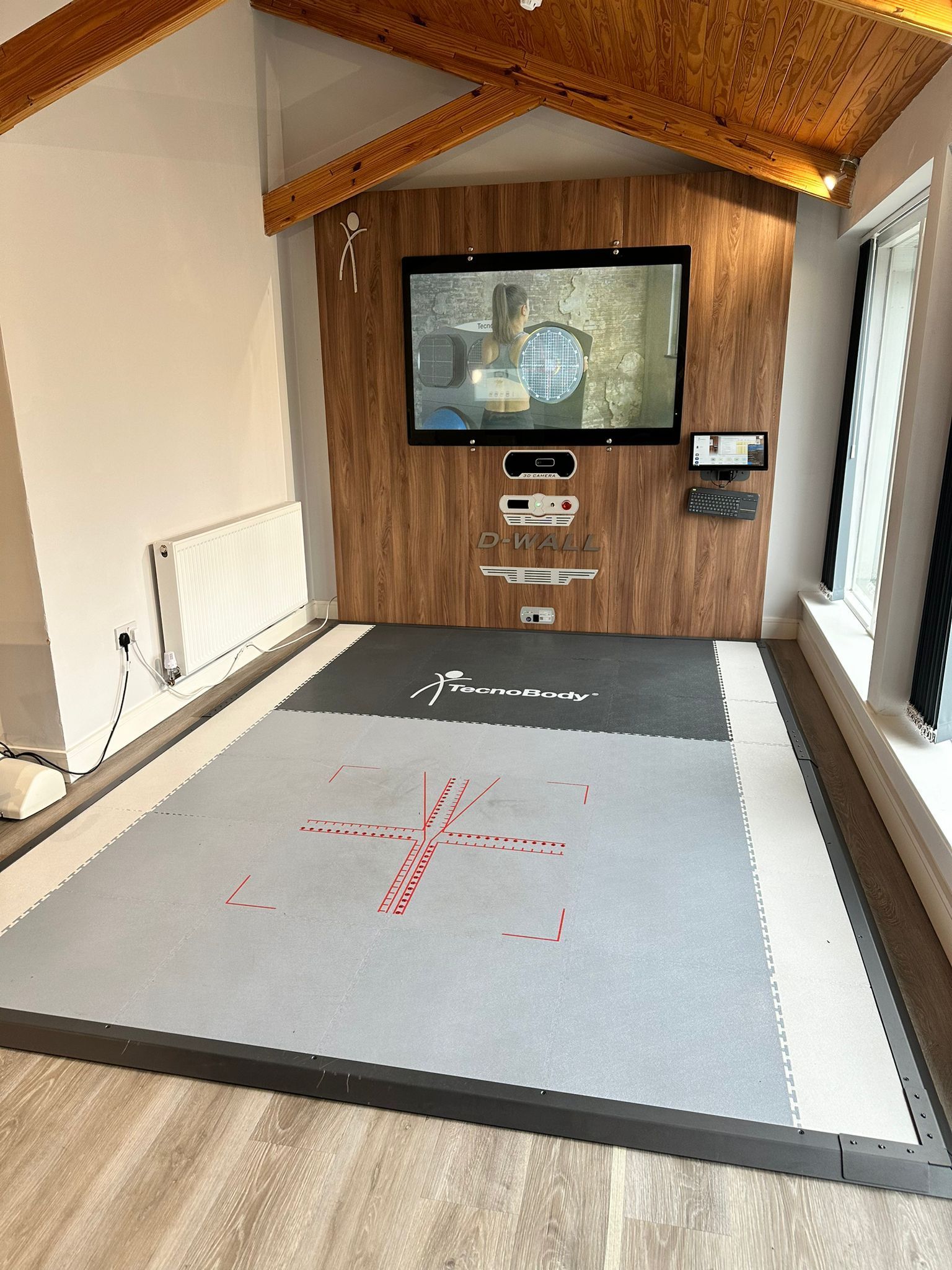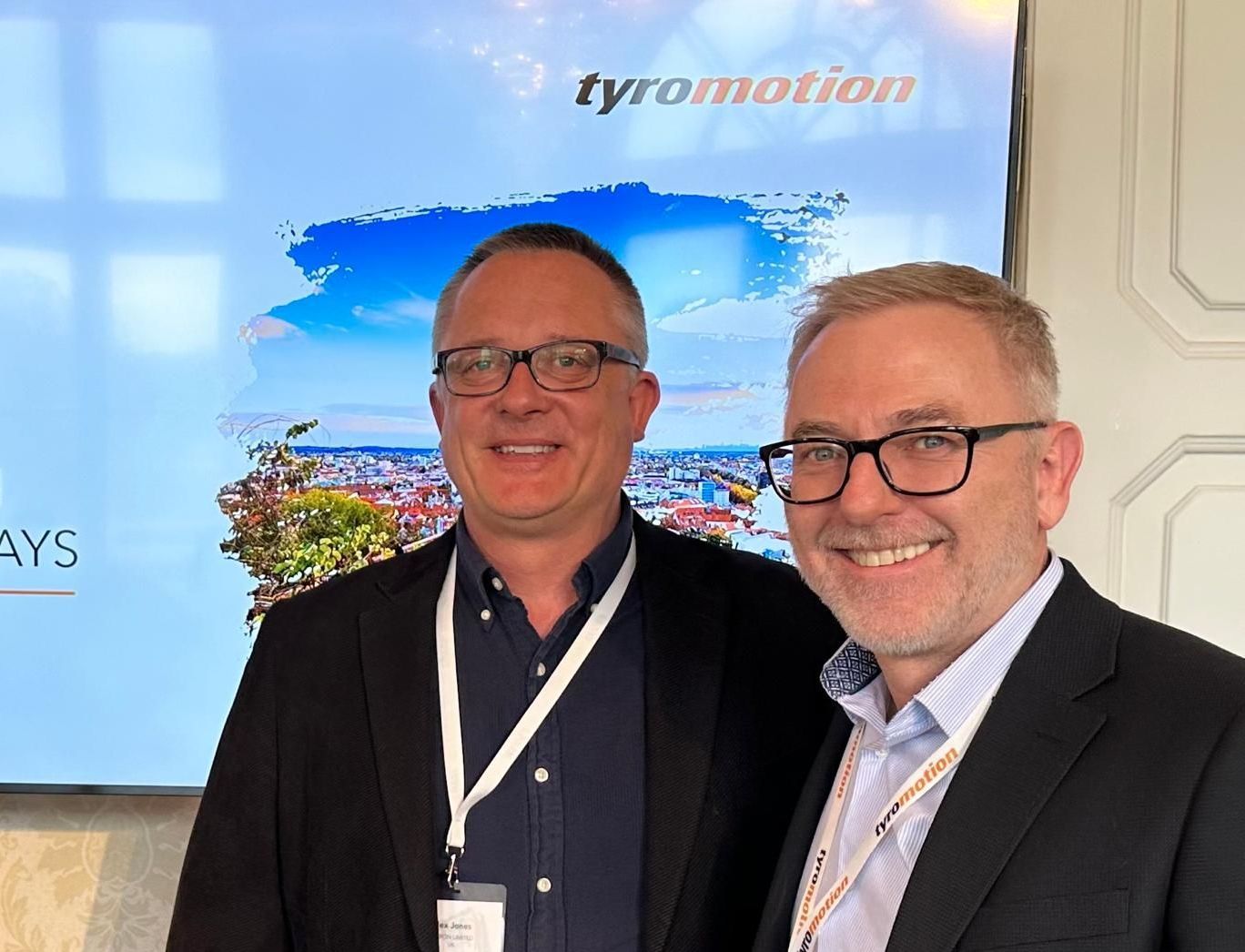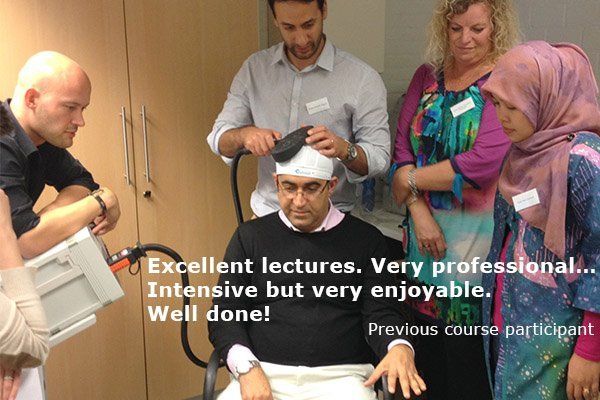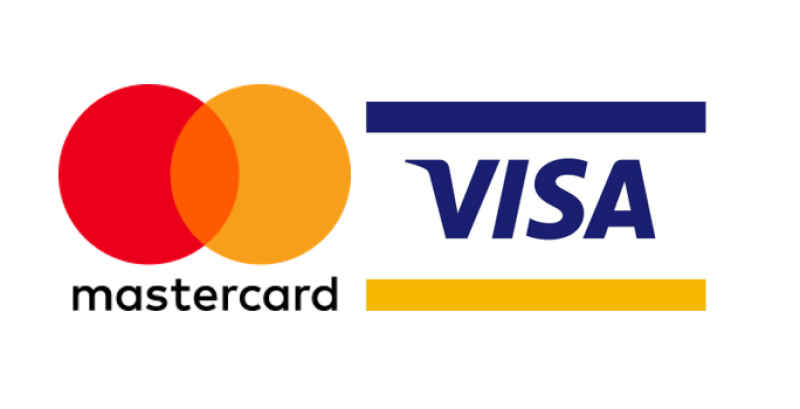London Clinical TMS Certification Course, 23-24 March, 2017
The popular TMS Course held at Maastricht University is for the first time offered in London tailored at a UK audience. The course is designed for health care professionals working with TMS, or considering working with TMS, clinicians and researchers who seek training in transcranial magnetic stimulation. The course consists of a mix of academic sessions and hands-on sessions.
Accreditation
The Clinical TMS Certification Course is accredited by the European Accreditation Council for Continuing Medical Education (EACCME) to provide the following CME activity for medical specialists. The EACCME is an institution of the European Union of Medical Specialists (UEMS), www.uems.net
The Clinical TMS Certification Course is provided by academics and specialists from Maastricht University and was granted 11 European CME credits (ECMEC) by the EACCME.
European Accreditation
European Accreditation is granted by the EACCME in order to allow participants who attend the above-mentioned activity to validate their credits in their own country.
American CME
Through an agreement between the European Union of Medical Specialists and the American Medical Association, physicians may convert EACCME credits to an equivalent number of AMA PRA Category 1 Credits™. Information on the process to convert EACCME credit to AMA credit can be found at www.ama-assn.org/go/internationalcme.
Live educational activities, occurring outside of Canada, recognised by the UEMS-EACCME for ECMEC credits are deemed to be Accredited Group Learning Activities (Section 1) as defined by the Maintenance of Certification Program of The Royal College of Physicians and Surgeons of Canada.
EACCME credits
The 'Clinical TMS Certification Course' is designated for a maximum of (or 'for up to') 11 hours of European external CME credits. Each medical specialist should claim only those hours of credit that he/she actually spent in the educational activity.
"The best way to meet other practitioners and discuss with them" - Previous course participant
Share this post
More Recent News
